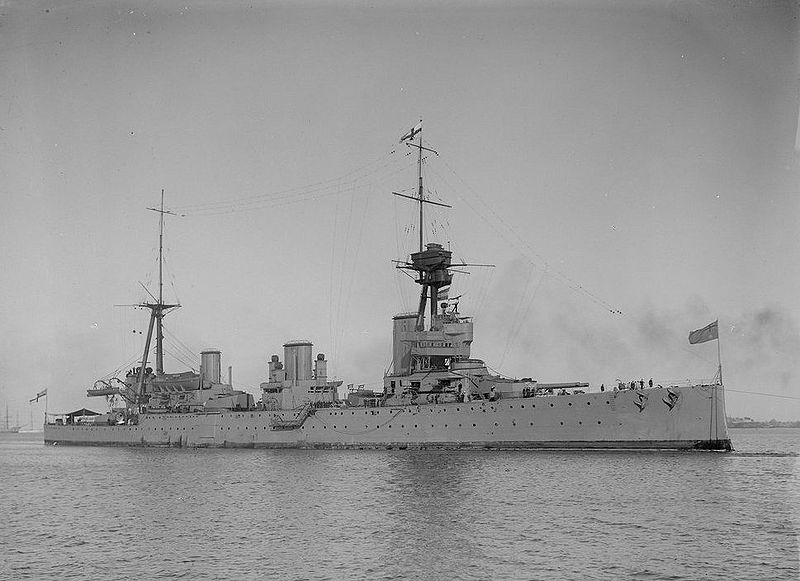 The state of Australia’s navy debate looks like this.
The state of Australia’s navy debate looks like this.
The experts war with each other over the best size of ships as close personal combat is mixed with the exchange of long range metaphors. The alliance, indeed the international system, is roiled and boiled by the rise of a new great power and peer competitor, making its arrival manifest through its naval buildup. The Australian government agonises over submarines
Then, suddenly, there is a great naval scare which ignites a newspaper campaign for everyone in Australia to contribute some cash so we can buy a new Dreadnought.
The Dreadnought delivers the punch line and gives the game away. These are the arguments that raged in the first decade of federation when Australia was groping its way towards the creation of its own navy. The summary from the early 1900s finds an to echo in quite a few of the broadsides that have been booming out in recent exchanges around here over maritime matters.
Dredging up the Dreadnought moment offers some interesting perspectives on ‘modern’ debates, well beyond a proof of the fundamental Washington law that no argument is ever finished.
When you go back to first principles, it’s instructive to see how those first principal players didn’t have any more clarity than today about which principle to put first. Even if you start with that proverbial blank page, you’re as likely to draw a blank or select the wrong proverb to guide the decision.
Enjoy the zig zags of history for a moment before applying it to current battles. Admire the first example of the submarine decision-making curse that bedevils Oz governments. Here is Prime Minister Alfred Deakin grappling with the issue of what type of ships Australia needed for coastal and harbour defence in the major Defence statement of October, 1907.
See Deakin’s announcement that acting on advice from the Admiralty in London—but contrary to the view of Australia’s own naval experts—his government had decided ‘the submarine is probably the best weapon’ for defence of Oz harbours. Savour the fact that this announced submarine fleet had not actually been ordered when Deakin ended his second term as PM, in November, 1908. Ah, the submarine curse: it can torpedo the most decisive of Cabinets, leaving them becalmed and far from home.
The Fisher Labor government that followed Deakin altered course. Ignoring the Admiralty but listening to the Australian salts led by William Creswell, Labor forgot the subs and opted for three destroyers. Labor was sailing on that heading when the great Dreadnought alarum of 1909 blew up. The London scare that the Germans might be secretly planning to outbuild the Brits in the production of battle cruisers was a sensation of a story in the new Commonwealth of Oz. The Age newspaper and other parts of the antipodean press got a campaign going for Australians to donate cash so the nation could give the mother country the gift of an extra Dreadnought. Fisher’s refusal to get caught up in the Dreadnought hysteria was one element in Deakin’s ‘Fusion’ of protectionist and free trade MPs (an uneasy marriage of Tories and Liberals) to defeat Labor in Parliament and retake office.
The 1909 Imperial Defence Conference, startled by the rapid increase of German naval power, adopted a recommendation from the Admiralty that Australia should get one battle cruiser, three unarmoured cruisers, six destroyers and three submarines. Even the founding visionary of the Australian Navy, Creswell, was astonished; only three years earlier the Admiralty had judged there was no need for any Australian Navy at all. This may be the only moment in Oz saltdom that an Australian admiral was offered more ships than he’d asked for.
The history illustrates some rules for gauging the role of mavens in the discussion of things maritime: the place of the navel gazers in naval games. The next column will float six rules to judge the naval navel gazers.
Graeme Dobell is the ASPI journalist fellow. Image courtesy of Wikimedia Commons.

